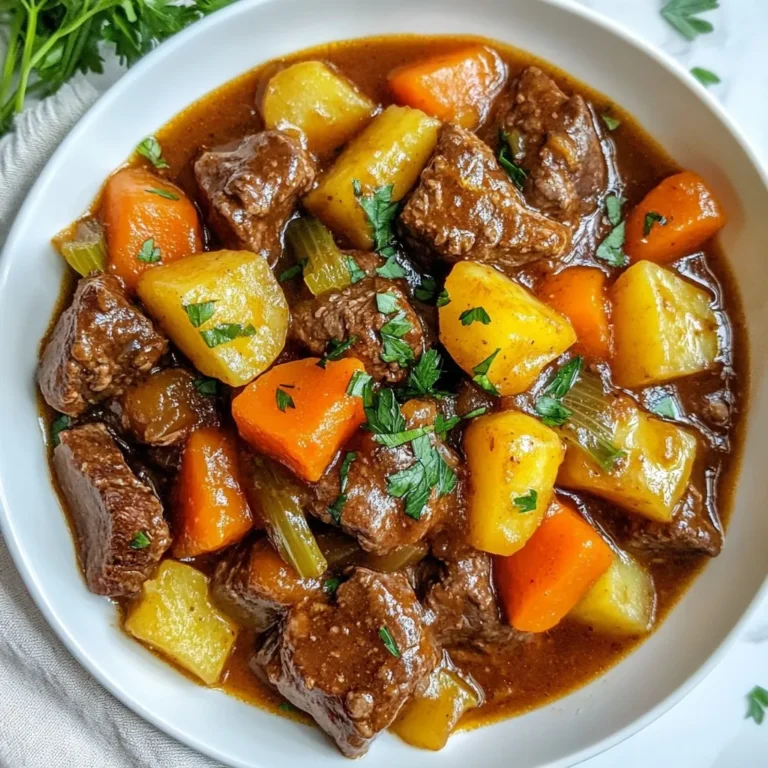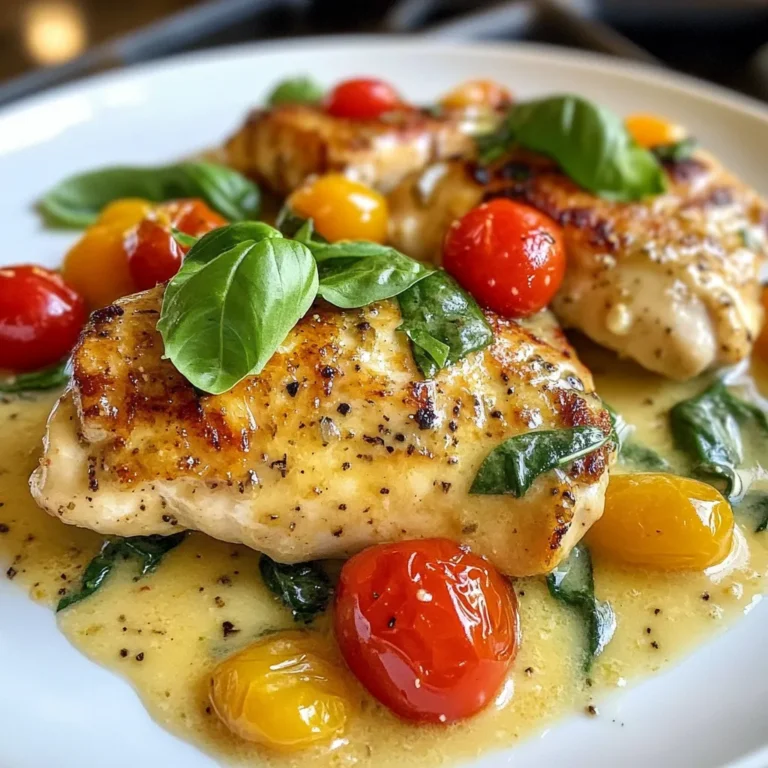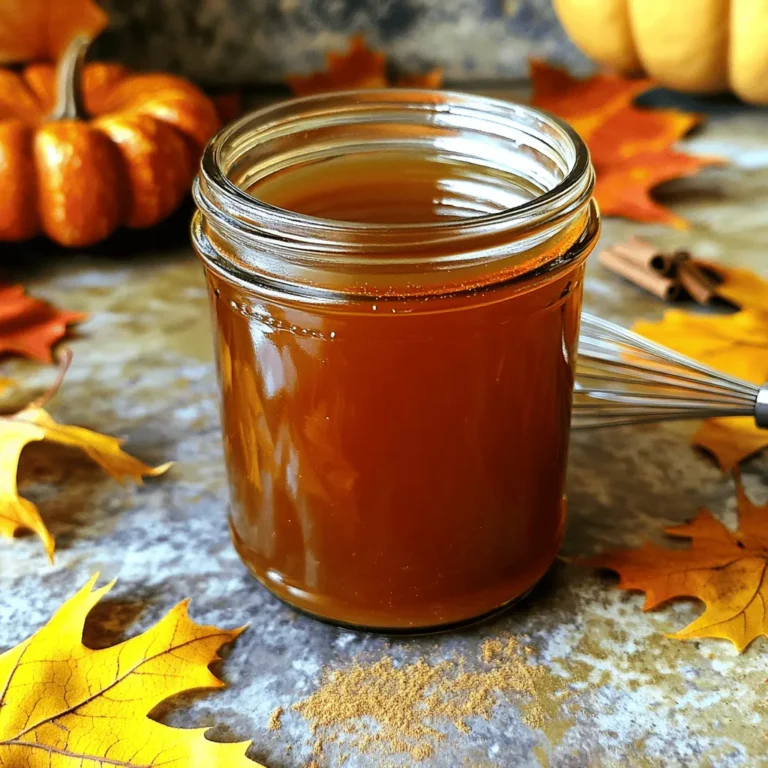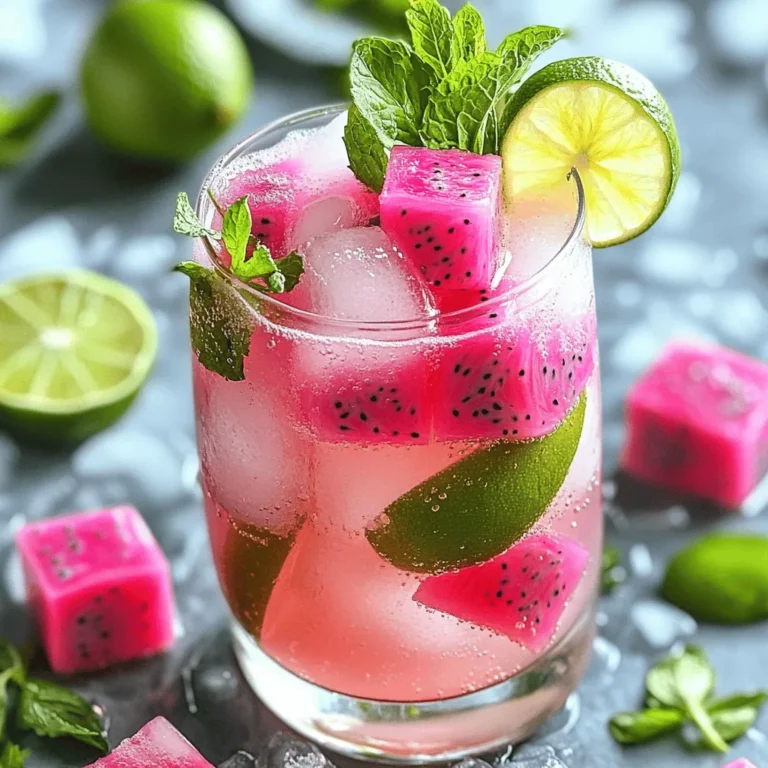Best Healthy Shrimp Pasta Flavorful and Nutritious Dish
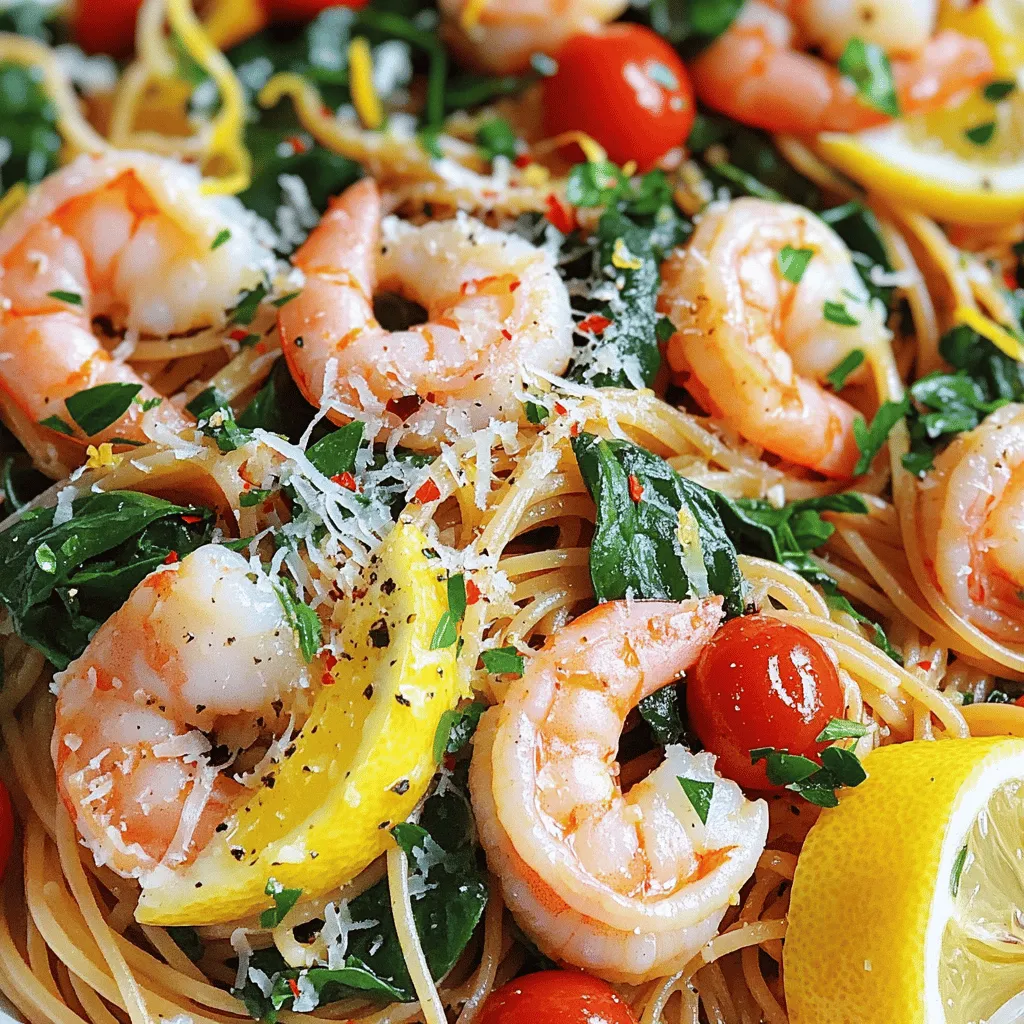
Are you ready to make a delicious and healthy meal? This best healthy shrimp pasta recipe is both flavorful and nutritious. Packed with fresh ingredients, each bite bursts with flavor and benefits. Whether you’re a busy parent or a health-conscious foodie, you’ll love how easy it is to prepare. Join me as we explore tips, variations, and step-by-step instructions to create the perfect dish that’s sure to impress!
Ingredients
List of Ingredients for Best Healthy Shrimp Pasta
– 8 oz whole wheat spaghetti
– 1 lb large shrimp, peeled and deveined
– 2 tablespoons olive oil
– 3 cloves garlic, minced
– Zest and juice of 1 lemon
– 1 cup cherry tomatoes, halved
– 2 cups fresh spinach
– 1/4 cup grated Parmesan cheese (optional for garnish)
– 1 teaspoon red pepper flakes (adjust according to your spice preference)
– Salt and freshly ground black pepper, to taste
– Fresh parsley, finely chopped for garnish
Nutritional Benefits of Key Ingredients
This dish packs a punch of nutrition. Whole wheat spaghetti offers more fiber than regular pasta. Fiber helps with digestion and keeps you full longer. Shrimp is low in calories and high in protein. It is also rich in omega-3 fatty acids, which are good for your heart. Olive oil adds healthy fats that support your body. Garlic boosts your immune system and adds flavor. Spinach is full of vitamins A and C, plus iron. Cherry tomatoes are high in antioxidants, great for skin health.
Tips for Selecting High-Quality Shrimp
When choosing shrimp, look for ones that are firm and shiny. Fresh shrimp should smell like the sea, not fishy. If buying frozen, choose shrimp that are individually quick frozen (IQF). This method locks in flavor and texture. Always check for the size. Larger shrimp offer a great bite and are easy to cook. If possible, buy shrimp that are sustainably sourced. This helps protect our oceans and ensures better quality.
Step-by-Step Instructions
Overview of Cooking Techniques
Cooking shrimp pasta involves several simple techniques. You will boil pasta, sauté garlic, and cook shrimp. Each step builds flavor and texture. Boiling pasta until al dente keeps it firm. Sautéing garlic adds a rich aroma. Cooking shrimp quickly ensures they remain tender and juicy.
Detailed Cooking Process
1. Cook the Pasta: Start by boiling a large pot of water. Add salt to season it. Cook the whole wheat spaghetti until it’s al dente. Reserve some pasta water before draining.
2. Sauté Garlic: Heat olive oil in a skillet over medium heat. Add minced garlic and sauté it for 30 seconds until fragrant. Avoid browning the garlic, as it can taste bitter.
3. Cook the Shrimp: Add shrimp to the skillet. Cook for 2-3 minutes until they turn pink and opaque. This quick cooking keeps them juicy.
4. Add Fresh Ingredients: Stir in lemon zest and juice, then add halved cherry tomatoes and spinach. Cook for 2 minutes. The spinach should wilt, and the tomatoes should soften.
5. Combine Pasta and Sauce: Gently mix the cooked spaghetti with the shrimp and vegetables. Toss until the pasta is well-coated. If it seems dry, add some reserved pasta water.
6. Season Generously: Add red pepper flakes, salt, and black pepper to taste. You can sprinkle grated Parmesan cheese if you like for a creamy finish.
7. Let it Rest: Remove the skillet from heat and let the dish sit for a minute. This allows the flavors to blend.
8. Serve and Garnish: Serve your zesty lemon shrimp pasta right away. Top with freshly chopped parsley for a burst of color.
Tips & Tricks
How to Perfectly Cook Shrimp
To cook shrimp just right, start with fresh or thawed shrimp. Pat them dry before cooking to help them sear nicely. Heat your skillet over medium heat and add olive oil. When the oil shimmers, toss in the shrimp. Cook them for about 2-3 minutes per side. They should turn pink and opaque. Avoid overcooking; shrimp can become tough. If you’re unsure, cut one open to check. Perfectly cooked shrimp should feel firm and springy.
Enhancing Flavor Profile with Spices
Spices are key to elevating your shrimp pasta. Start with fresh garlic, as it adds great flavor. Zest and juice of a lemon give brightness and balance. Red pepper flakes add heat, but adjust them to your taste. Fresh herbs like parsley not only enhance the look but also add freshness. You might also try adding a pinch of smoked paprika for depth. Taste your dish as you go to find the right balance of flavors.
Common Mistakes to Avoid
A few common mistakes can ruin your shrimp pasta. First, don’t crowd the pan when cooking shrimp. This causes steaming rather than searing. Second, avoid using too much salt too early. Taste your dish at the end to adjust seasoning. Also, don’t skip reserving pasta water. It helps create a smooth sauce. Lastly, don’t let the pasta sit too long after cooking. It can become mushy. Follow these tips, and you’ll create a delicious meal every time!
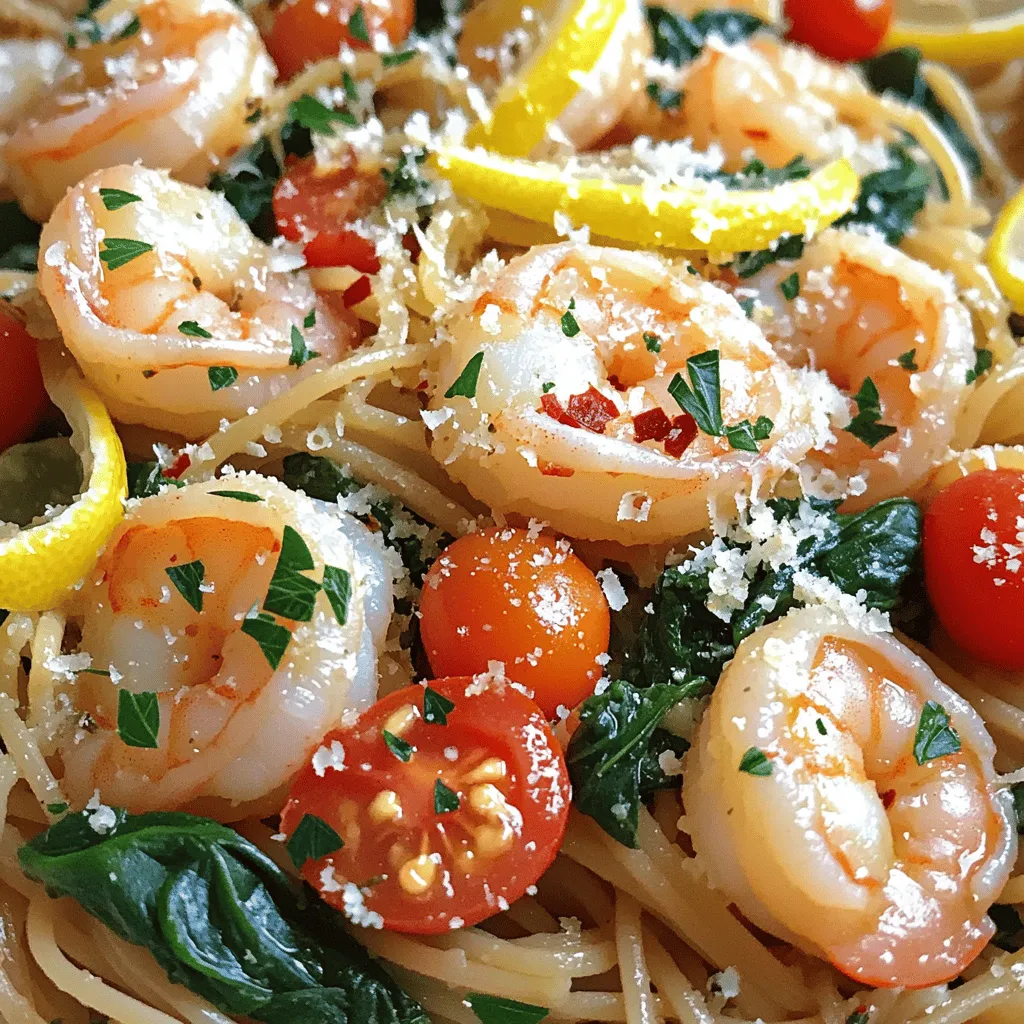
Variations
Gluten-Free Shrimp Pasta Options
If you need a gluten-free dish, swap the whole wheat spaghetti for gluten-free pasta. Many brands offer great options made from brown rice or quinoa. These alternatives still taste good and hold up well when cooked. Just follow the cooking time on the package. You can enjoy the same tasty lemon sauce with your gluten-free pasta.
Vegan Adaptations and Substitutes
To make this dish vegan, you can replace shrimp with marinated tofu or chickpeas. Both options add protein and texture. Use olive oil to sauté, and skip the Parmesan cheese. Instead, try nutritional yeast for a cheesy flavor without dairy. You’ll still enjoy a delightful dish packed with fresh vegetables and bright lemon taste.
Seasonal Ingredient Swaps
Using seasonal ingredients can boost flavor and nutrition. In the spring, add asparagus or peas for freshness. In summer, zucchini or bell peppers work well. In fall, you can use butternut squash for sweetness. In winter, leafy greens like kale or Swiss chard can add depth. Adjust based on what’s fresh and available in your area to keep your dish exciting.
Storage Info
How to Properly Store Leftovers
To keep your shrimp pasta fresh, place it in an airtight container. Make sure to cool it down before sealing. This helps prevent moisture buildup, which can make your dish soggy. Store the container in the fridge. It can last for about 3 days. If you want to enjoy it later, follow the freezing tips below.
Reheating Instructions for Best Quality
When you’re ready to eat leftovers, reheat them gently. You can use a skillet or microwave. If using a skillet, add a splash of water or olive oil. Heat over low to medium heat. Stir often to ensure even warming. If using a microwave, cover the dish to trap steam. Heat it in 30-second bursts, stirring in between. This keeps the shrimp tender and avoids overcooking.
Freezing Tips for Longer Storage
If you want to freeze your shrimp pasta, follow these steps. First, let the dish cool completely. Then, divide it into portions. Use freezer-safe bags or containers. Remove as much air as possible before sealing. Properly stored, it can last for up to 3 months. When you’re ready to eat, thaw it in the fridge overnight before reheating. This helps maintain the flavor and texture. Enjoy your zesty lemon shrimp pasta anytime!
FAQs
What are the best sides to serve with shrimp pasta?
The best sides for shrimp pasta include light salads and crusty bread. A fresh green salad adds crunch and color. You can try a simple arugula salad with lemon dressing. Garlic bread pairs well, too, giving a nice crunch. Roasted veggies, like zucchini or asparagus, also make a great side. They add more nutrients and flavor to your meal.
Can I use frozen shrimp for this recipe?
Yes, you can use frozen shrimp. Just make sure to thaw them first. Place them in a bowl of cold water for about 15 minutes. This helps them defrost quickly. After thawing, pat them dry with a paper towel. This step keeps the shrimp from becoming watery when you cook them. Using frozen shrimp is a great way to save time and still enjoy delicious shrimp pasta.
How do I make shrimp pasta lower in calories?
To make shrimp pasta lower in calories, swap regular pasta for whole wheat or zucchini noodles. Whole wheat gives more fiber. Zucchini noodles add veggies without extra carbs. Use less olive oil or substitute it with cooking spray. You can also skip the cheese or use a light version. Finally, add more veggies to your dish. This keeps it filling and nutritious without adding too many calories.
We explored the key ingredients for shrimp pasta and their health perks. You learned practical cooking steps and what tools to use. I shared tips for perfect shrimp and how to boost flavors. We also looked at delicious variations and how to store food properly.
Enjoy making this dish your own, and remember, culinary creativity makes cooking fun! Take these insights and whip up a tasty meal that you love.
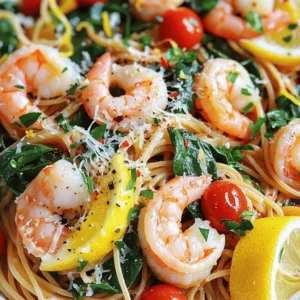

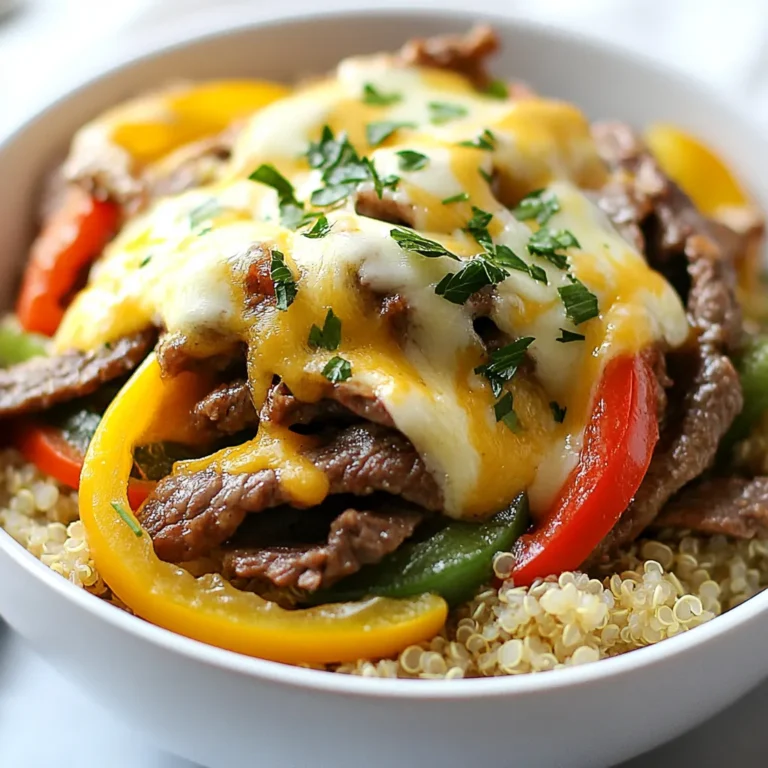
![To make this delicious bread, gather these items: - 1 cup fresh strawberries, hulled and diced - 1 cup rhubarb, diced - 1/2 cup unsalted butter, softened to room temperature - 1 cup granulated sugar, divided - 2 large eggs, at room temperature - 1 teaspoon pure vanilla extract - 1/2 cup Greek yogurt, plain - 2 cups all-purpose flour - 1 teaspoon baking powder - 1/2 teaspoon baking soda - 1/4 teaspoon sea salt - 1/2 teaspoon ground cinnamon (optional) - 1/4 cup chopped walnuts or pecans (optional) Using fresh ingredients is key to good flavor. Fresh strawberries and rhubarb give the bread a tart and sweet taste. They also add moisture, making the bread soft. When you choose fresh fruits, look for vibrant colors and firm textures. This will enhance your final dish. If you can, visit a local farmer’s market for the best produce. It really makes a difference in taste. You can make the bread even better with some optional ingredients. Adding ground cinnamon brings warmth and depth to the flavor. If you like crunch, chopped walnuts or pecans add a nice texture. These nuts also pair well with the fruit. You can mix and match these extras based on your taste. Feel free to experiment and find what you love! For the full recipe, check out the earlier sections. Start by preheating your oven to 350°F (175°C). This warms the oven for even baking. Grease and flour a 9x5-inch loaf pan. This step helps the bread slide out easily after baking. Next, prepare the fruit. In a medium bowl, mix the diced strawberries and rhubarb. Sprinkle 1 tablespoon of sugar over the fruit and toss gently. Let it sit for a few minutes. This draws out moisture and brings out the fruit's flavor. In a large mixing bowl, cream the softened butter with the remaining sugar. Use an electric mixer for about 3-4 minutes. The mixture should look light and fluffy. Add the eggs one at a time, mixing well after each addition. Then, mix in the vanilla extract and Greek yogurt until smooth. In another bowl, whisk together the flour, baking powder, baking soda, sea salt, and ground cinnamon. Gradually add this dry mix to the wet ingredients. Stir gently until just combined to avoid a dense bread. Finally, fold in the prepared strawberries and rhubarb. If you like, add chopped nuts for crunch. Pour the batter into your greased loaf pan. Smooth the top with a spatula for an even surface. Bake in the preheated oven for 55-65 minutes. Check if it’s done by inserting a toothpick in the center. It should come out clean or with a few moist crumbs. Once baked, let the bread cool in the pan for about 10 minutes. Then, transfer it to a wire rack to cool completely. This step is important for the best texture. Now, you can slice and enjoy your strawberry rhubarb delight bread! For the full recipe, refer to the earlier section. To get that soft and fluffy bread, you must mix the batter just right. When you mix the wet and dry ingredients, do it slowly. Stir until just combined. This helps keep air in the batter. Over-mixing makes your bread dense. Remember, a few lumps are okay! One common mistake is using cold ingredients. Always start with eggs and yogurt at room temperature. This helps the batter mix better and rise nicely. Another mistake is not measuring the flour properly. Too much flour can lead to a dry texture. Use a spoon to scoop flour into your measuring cup, then level it off for accuracy. Want to add more flavor? Try adding a bit of lemon zest. It brightens the bread and pairs well with strawberries and rhubarb. You can also mix in spices like nutmeg or ginger for warmth. If you like nuts, fold in walnuts or pecans for crunch. You can find the full recipe for this delicious bread above. {{image_4}} You can easily adapt this recipe for different diets. If you want a dairy-free option, swap the butter for coconut oil or a plant-based butter. Use almond or oat yogurt in place of Greek yogurt. For a gluten-free bread, replace all-purpose flour with a gluten-free blend. Always check the labels to ensure your substitutes fit your needs. This recipe is versatile, allowing you to play with flavors. Instead of strawberries, try blueberries or diced apples. You can mix in lemon zest for a fresh twist. If you love spices, add nutmeg or cardamom for warmth. These changes keep the bread exciting and fun! Get creative with add-ins to enhance your bread. Try adding chocolate chips for a sweet treat. For crunch, include a handful of sunflower seeds or pumpkin seeds. You can also mix in a scoop of shredded coconut for a tropical touch. These add-ins make each slice unique and flavorful. For the complete recipe, check out the [Full Recipe]. To keep your strawberry rhubarb bread fresh, store it at room temperature. Wrap it tightly in plastic wrap or foil. This helps to prevent it from drying out. If you have leftover bread, try to keep it in an airtight container. This way, it stays soft and delicious for a few days. Avoid storing it in the fridge, as that can make it stale faster. If you want to save your bread for later, freezing is a great option. First, let the bread cool completely after baking. Then, slice it into pieces. Wrap each slice in plastic wrap, and then place them in a freezer bag. Make sure to squeeze out any air before sealing. You can freeze it for up to three months. When you're ready to enjoy it, you can thaw it overnight in the fridge or leave it at room temperature for a few hours. To enjoy your strawberry rhubarb bread warm, preheat your oven to 350°F (175°C). Place the slices on a baking sheet and cover with foil. Heat for about 10-15 minutes. This keeps the bread moist and enhances its flavors. You can also use a microwave. Just heat each slice for about 15-20 seconds. However, the oven method gives the best taste and texture. Enjoy your warm slices with a little butter or jam for extra flavor! To keep your bread moist, use fresh fruit. Fresh strawberries and rhubarb add natural moisture. You can also add Greek yogurt. It adds creaminess and keeps the bread soft. Be careful not to over-mix your batter. Over-mixing can cause dense bread. Bake until just done to keep it fluffy. Yes, you can use frozen strawberries and rhubarb. Thaw them and drain excess liquid first. This prevents your bread from getting soggy. The flavor will still be good, but fresh fruit tastes better. Try to use fresh when possible, especially in peak season. This bread is great on its own. For a special treat, serve it with whipped cream. You can also pair it with butter or cream cheese. A sprinkle of powdered sugar adds a nice touch. Serve it warm for the best taste. Enjoy it with your favorite tea or coffee! Strawberry rhubarb bread is simple and fun to make. We covered key ingredients, step-by-step instructions, and helpful tips. Fresh ingredients are vital for great flavor. Remember to avoid common mistakes for the best texture. You can add your own flavors too, which makes it even better. Don’t forget how to store it well, so you can enjoy every bite later. I hope these tips inspire you to bake and savor this delicious bread. Enjoy your time in the kitchen!](https://fastmealmate.com/wp-content/uploads/2025/06/5214b0a0-4654-456a-8121-021057b3e65e-768x768.webp)
